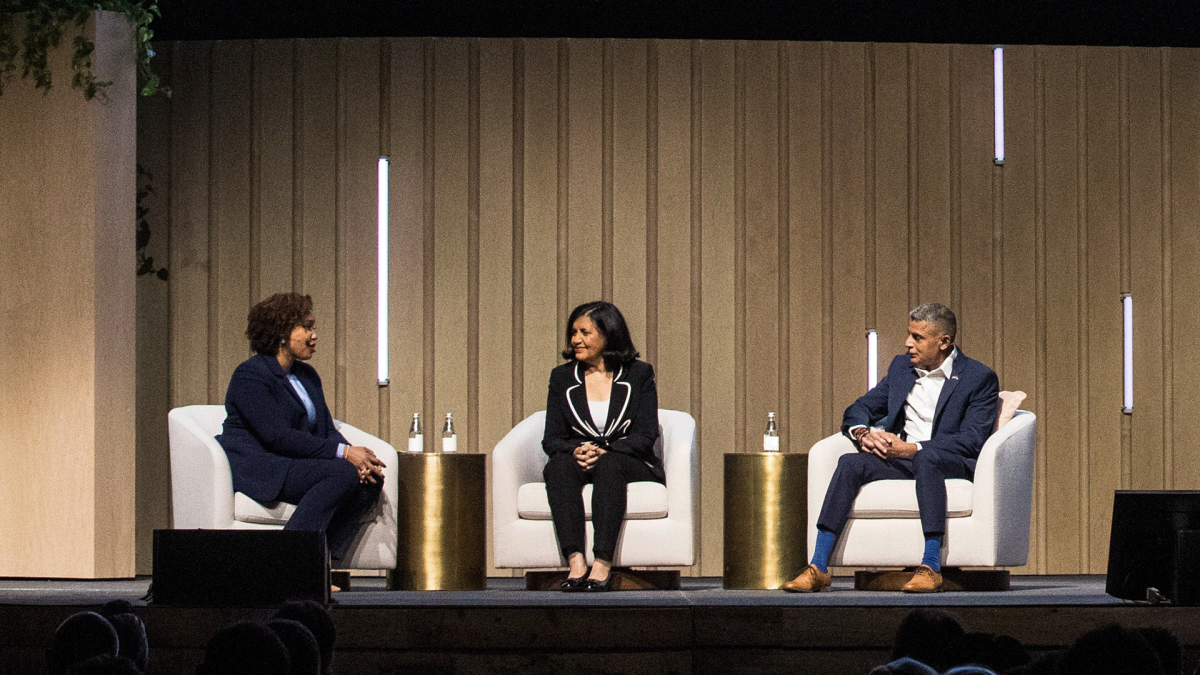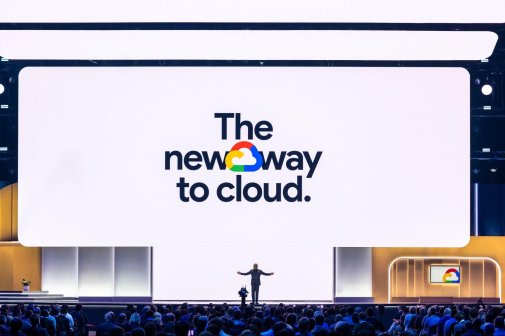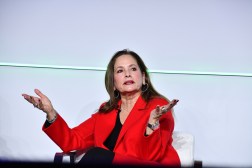- Sponsored
- Modernization
Government leaders tout big wins for their missions with AI, ML and cloud tools

Public sector organizations are making big strides supporting their missions by applying artificial intelligence, machine learning, analytics, security and collaboration tools to their initiatives.
That’s according to government executives from the U.S. Army, U.S. Postal Service and the State of New York who joined Google leaders on stage for the opening keynote at the Google Government Summit in Washington, D.C. on November 15.
From both a warfighter perspective and a user experience perspective, the U.S. Army “needs data for decision-making at the point of “need” with the “the right tools to get the job done” across a diverse set of working conditions, explained Dr. Raj Iyer, Army CIO for the U.S. Department of the Army.
During the event, Dr. Iyer shared that Google Workspace will be provisioned for 250,000 soldiers working in the U.S. Army. The first 160,000 users have migrated to Google Workspace in just two weeks – with plans for the remaining personnel to be up and running by mid-2023. Google Workspace was designed to be deployed quickly to soldiers across a variety of locations, jobs and skill levels.
Thomas Kurian, CEO for Google Cloud, also took the stage and expressed Google’s “deep commitment” to providing products and solutions that are mature, compliant and meet government’s mission goals.
“In the last four years, we’ve really heightened our work for the government…in the breadth of our products that are focused as solutions, and significantly ramped up our compliance certifications to serve agencies more fully. And we culminated that by launching Google Public Sector, the only division that Google has in the whole company dedicated to a single industry,” Kurian explained.
Though cloud was once mainly viewed as a solution that can mainly provide economic elastic compute, what makes Google Cloud competitive against other providers is its ability to offer solutions for different needs as the nature of cloud computing evolves, said Kurian.
“Organizations want to get smarter to make decisions, combining both structured and unstructured data. And they want to be able to do analysis no matter where the data sits — whether it’s in our cloud or other clouds. We are the only cloud that lets you link data and analyze it across multiple clouds, structured and unstructured, without moving a single piece of data.”
Cybersecurity was also a key concern raised during the keynote, namely the need to simplify security analysis tools so cyber experts can detect threats faster.
“Protecting governments isn’t just for something for extraordinary times. The business of government requires constant vigilance,” said Karen Dahut, CEO for Google Public Sector, the company’s independent division, focused solely on the needs of federal, state and local government and the education sector.
She cited the success of the New York City Cyber Command, which works across city government to detect and prevent cyber threats. They are accomplishing this “by building a highly secure and scalable data pipeline on Google Cloud so their cyber security experts can detect threats faster.”
Google has also recently strengthened its ability to help its customers access data on known threats with the recent acquisition of Mandiant. Kevin Mandia, CEO and director for Mandiant, now a part of Google Cloud, took the stage to explain how the company has been uniquely positioned to “own that moment of incident response” and threat attribution. This has given the company an immense collection of data on cyber incidents and intrusion techniques.
“When Mandiant and Google combined,” he explained, “we took the security DNA of Mandiant…and joining — what I believe is the best AI on the planet, best machine learning on the planet, best big data on the planet — and we’re bringing what we know [about cybersecurity] to scale.”
The keynote featured several seasoned technology leaders who each shared how cloud, artificial intelligence and machine learning tools are helping their agencies achieve mission outcomes and keep pace with cybersecurity needs, including:
- Pritha Mehra, CIO and Executive VP, United States Postal Service
- Rajiv Rao, CTO and Deputy CIO, New York State
- Teddra Burgess, Managing Director, Federal Civilian, Google Public Sector
- Leigh Palmer, VP, Delivery and Operations, Google Public Sector
Watch the keynote in its entirety on the Government Summit On-Demand page. This article was produced by Scoop News Group for FedScoop and underwritten by Google Cloud.






